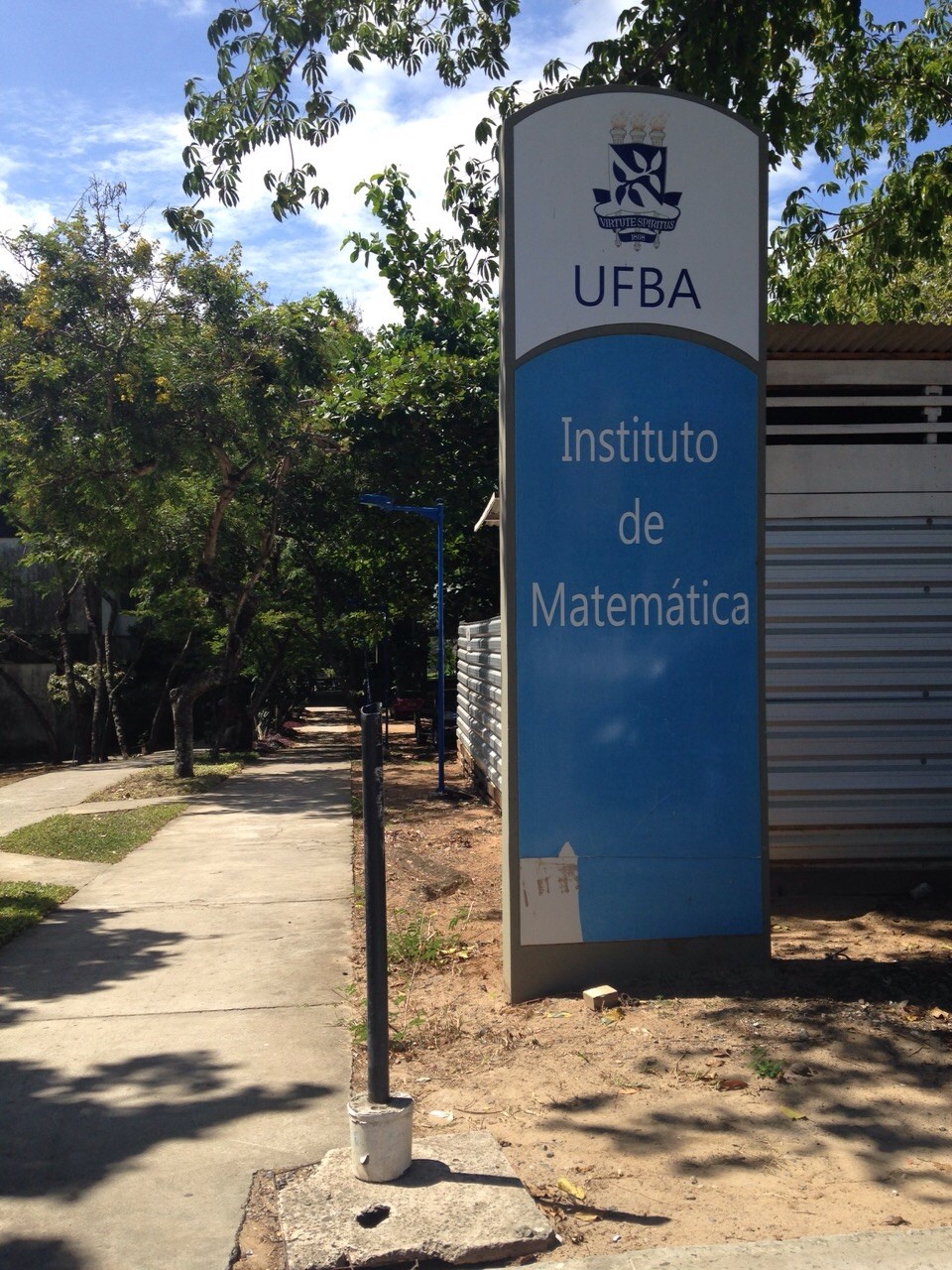
- Este evento já passou.
UNDERSTANDING VARIABILITY MODELING TECHNIQUES FOR DYNAMIC SOFTWARE PRODUCT LINES
12 - maio - 2016 | 16:00 - 18:00
Evento Navegação

37ª DEFESA DE DISSERTAÇÃO DO MESTRADO EM CIÊNCIA DA COMPUTAÇÃO
MESTRANDO: Magno Luã de Jesus
Título: UNDERSTANDING VARIABILITY MODELING TECHNIQUES FOR DYNAMIC SOFTWARE PRODUCT LINES
Abstract:
Software Product Lines (SPL) has emerged as an important strategy to cope with the increasing demand of tailormade systems for particular customers, achieving benefits such as costs reduction, improved quality and short time to market. However, emerging domains have posed new challenges to software engineering. In such context, the need of runtime self-adaptations to deal with users needs and environment changes presents Dynamic Software Product Lines (DSPL) as a suitable solution. DSPL extends the SPL paradigm by enabling the software-variant generation at runtime.
Although DSPL be considered as a promising strategy, managing dynamic variability is a complex task. It demands a proper modeling approach that can help in the correct implementation of DSPL. The literature has addressed different modeling techniques, nonetheless, it still lacks of ways to choose the most suitable technique for a given project. Additionally, evaluating empirically these approaches is important to verify their viability.
In this context, we investigated the literature by identifying the main variability modeling techniques for DSPL and defining a set of evaluation criteria to rank these approaches. The results showed that the best ranked techniques can serve most general cases, while the others ones only concern specific purposes.
Based on the analysis, two empirical studies were conducted aiming to evaluate and compare Context-aware Feature Model (CFM) and Tropos Goal Model with Context (TGMC). The studies were conducted in academic and industrial contexts using a project in the smart home domain. The main results showed that the CFM technique was more effective in both studies. On the other hand, the results regarding to efficiency were not so conclusive, since the recall measure and the modeling time of each technique did not present significant differences.
Keywords:
Dynamic Software Product Lines, Dynamic Variability, Self-adaptive Systems, Modeling Techniques, Empirical Study.
